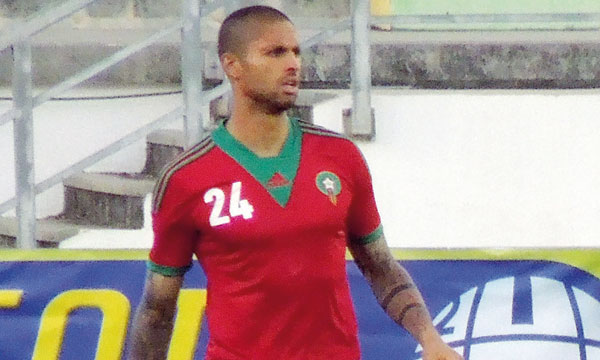AFCON Fallout: Morocco Banned from 2017 and 2019 Tournaments After Ebola-Driven Withdrawal
By BBC Sport Africa
Morocco has been officially suspended from participating in the 2017 and 2019 Africa Cup of Nations qualifiers following its decision to withdraw from hosting the 2015 edition of the tournament. The sanction, handed down by the Confederation of African Football (CAF), was reported by StarAfrica and cited by the North African Football Union’s official website.
Although CAF has not yet released a formal announcement on its own platforms, the suspension is already a topic of widespread discussion across international sports media and football circles.
Ebola Fears Trigger Historic Fallout
The decision stems from Morocco’s refusal to host the 30th edition of the AFCON, originally scheduled to take place in the North African kingdom. Citing public health concerns over the Ebola outbreak that had gripped parts of West Africa at the time, Moroccan authorities requested a postponement of the tournament—a proposal CAF categorically rejected.
When Morocco insisted on rescheduling, CAF stripped the country of its hosting rights and swiftly awarded the tournament to Equatorial Guinea, who stepped in just weeks before kick-off.
A Stern Message from CAF
In response, CAF has taken unprecedented disciplinary action. The suspension bars Morocco’s national team, the Atlas Lions, from competing in the next two qualifying campaigns for the continent’s flagship football competition—a move that significantly sets back the nation’s footballing ambitions.
The decision is being interpreted as a strong signal from CAF: that political or health-based justifications, however serious, will not override the confederation’s commitment to maintaining the competition’s calendar.
Appeal Likely
It is widely expected that the Royal Moroccan Football Federation will appeal the decision, arguing that the health risks posed by Ebola were legitimate and that the nation’s primary concern was protecting public safety.
However, CAF’s leadership, under then-president Issa Hayatou, has been firm in its stance that Morocco’s actions caused disruption and financial losses, and that sanctions are necessary to preserve the integrity of tournament scheduling and obligations.
A Blow to Moroccan Football
The ban not only sidelines a major footballing nation from Africa’s premier competitions but also raises questions about Morocco’s long-term role in CAF affairs. The country, with a rich footballing heritage and strong domestic infrastructure, had frequently been seen as a key player in African football development.
Now, with their path to continental competition blocked for at least two cycles, Moroccan football faces an unexpected and significant setback.











